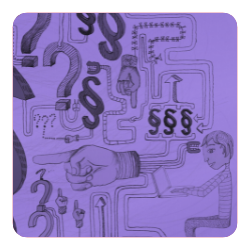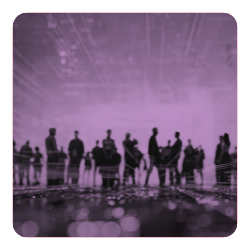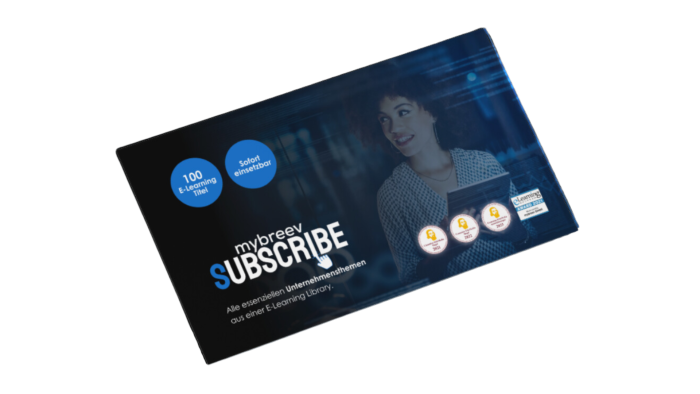For a just future: Stand up for equal opportunities and diversity on International Women's Day!
March 8 is International Women's Day (IWD). The day to celebrate women's social, economic, cultural and political achievements and strive for gender equality. This year's campaign theme is #EmbraceEquity.
It is a day to reflect on the progress that has been made in gender equality and the challenges that women still face in different areas of their lives, including in the workplace.
Gender equality in the workplace is still a major challenge
Women still face major challenges in the workplace, such as the gender pay gap, limited access to leadership positions, and sexual harassment.
In Germany, for example, the gender pay gap was 18% in 2020, meaning that women received an average of 82 cents for every euro earned by men.
Despite progress in recent years, women are still underrepresented in leadership positions in many industries. According to the World Economic Forum, only 36% of all management positions worldwide are held by women. In some industries, such as finance and technology, women are particularly underrepresented in leadership positions.
Sexual harassment is a specific form of harassment and a sexualized form of discrimination. It includes any unilateral and unwanted behavior with a sexual connotation that violates the dignity of the person concerned. It may include verbal or physical conduct that is unwelcome and creates a hostile, intimidating or offensive work environment. Examples of sexual harassment include unwelcome sexual advances, comments about a person's appearance or body, sexual innuendo, obscene jokes, gestures, and comments.
What is the impact of gender inequalitawareness y on the organization?
Gender inequality can have a number of negative impacts on businesses.
For example, the gender pay gap can lead to lower job satisfaction and motivation among female employees, which in turn can lead to lower productivity and higher turnover. It can also make it harder for companies to attract and retain top female talent, limiting their talent pool and preventing them from hiring the best candidates for the job.
When women are excluded from leadership positions, it limits the range of perspectives and ideas that can be considered, leading to a decline in innovation and creativity. This can also lead to a lack of diversity in decision-making, which in turn can result in the needs of all customers and stakeholders not being met.
Sexual harassment can lead to lower job satisfaction, stress, and burnout among female employees. It can also lead to lower productivity and higher turnover, as female employees may feel uncomfortable or unsafe in the workplace. Sexual harassment can also damage a company's reputation and result in legal consequences, such as discrimination and harassment lawsuits.
Consider diversity in the workplace
Special attention must be paid to immigrant women or women of color in the workplace who are disproportionately affected.
Immigrant women often face a "double bind" when it comes to the workplace challenges mentioned above. This is because immigrant women are affected across the board for reasons related to their gender and ethnicity. They experience both gender and ethnicity-based inequalities.
However, immigrant women are an important part of the workforce, and their contribution to the workplace is essential. They bring diverse perspectives, experiences, and skills to their work that improve workplace culture and increase productivity.
Advancing equity through DEI
Gender equality in the workplace is a critical factor in promoting Fairness, Diversity, Equity & Inclusion (DEI) in the workplace. By creating an environment where men and women have equal opportunities, companies can foster a more productive and engaged workforce.
Best practices range from conducting a gender pay gap analysis, offering flexible work arrangements, ensuring diversity and inclusion in hiring, and creating a safe and respectful workplace.
However, these changes can only be achieved by raising awareness of current gender inequality issues and training all employees on unconscious bias, Diversity, Equity & Inclusion (DEI) to promote gender equality and create a more equitable workplace for all employees.
Broad offering in the e-learning library
In our portfolio, we have created the Fairness First e-learning channel, a format that addresses these very issues. The courses range from diversity in companies and inclusion to unconscious bias and the topic of human rights as well as compliance and business ethics. These courses raise awareness among employees and enable companies to promote fair and collaborative interaction within their teams.































